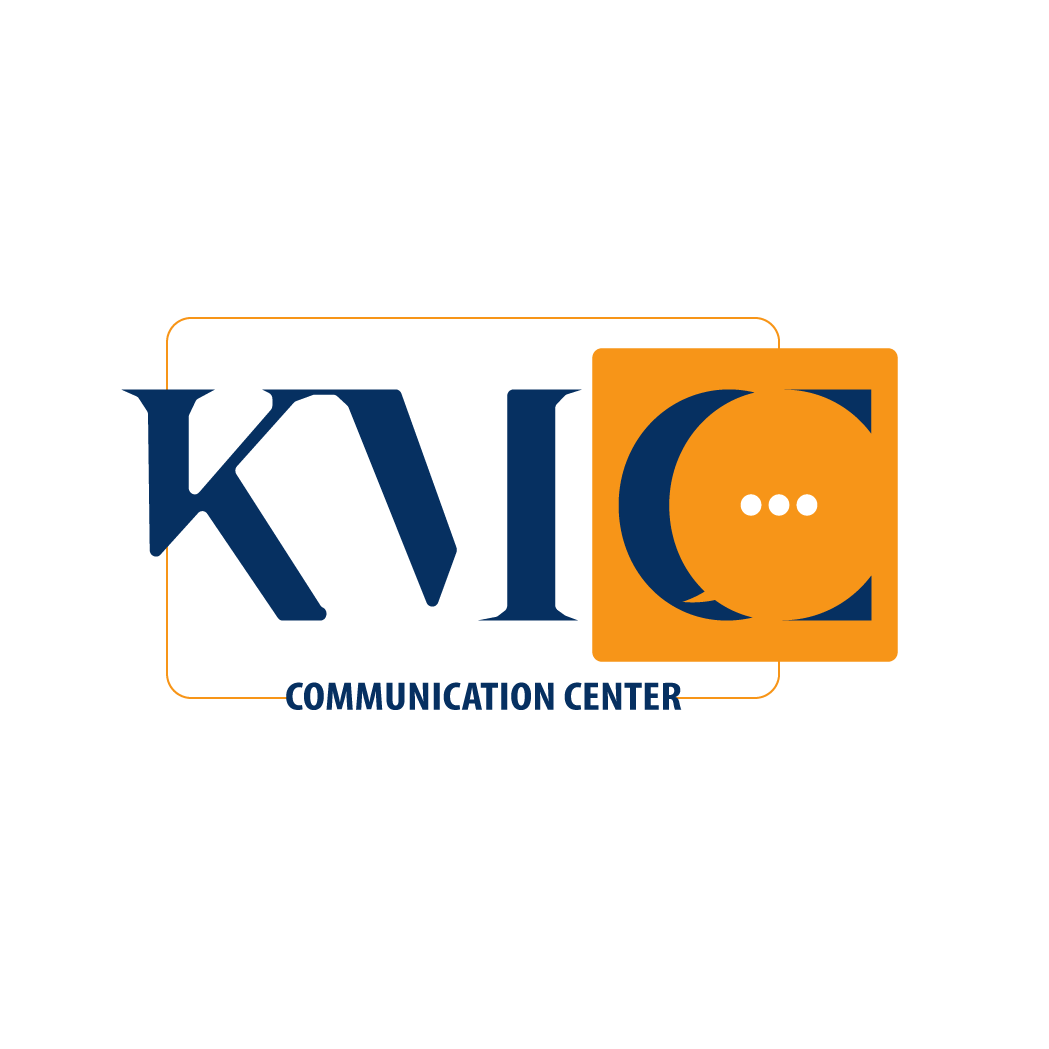
How BBA Helps You Adopt Better Financial Management Practices
Financial management is a vital component of running a small business. It involves planning, organizing, and controlling financial activities to achieve business goals. Effective financial management helps businesses track income and expenses, plan for the future, and make informed decisions.BBA financial management practice are today’s important topic.

Small businesses, in particular, benefit significantly from sound financial management. Unlike large corporations, small businesses often operate with limited resources and tighter budgets. Proper financial management ensures these resources are used efficiently, reducing waste and maximizing profits. It also helps maintain positive cash flow, which is crucial for day-to-day operations and long-term sustainability.
Effective financial management techniques can make the difference between success and failure for small businesses. By exploring and implementing these techniques, business owners can better understand their financial situation, make strategic decisions, and plan for growth. This article aims to provide small business owners, especially those with a BBA background, with practical financial management strategies that can be easily applied to enhance their business operations.
Bachelor of Business Administration (BBA) is a comprehensive undergraduate program that covers finance, accounting, marketing, human resources, and operations management. The curriculum is designed to equip students with the knowledge, skills, and competencies needed to thrive in the business world.
BBA courses often incorporate real-world case studies, projects, and internships, providing students with a solid foundation in business management. Graduates are well-equipped to navigate the complexities of the business world.
Importance of Financial Management in Small Businesses
Financial management is essential for small businesses because it provides a clear picture of the business’s financial health. It helps in identifying potential financial problems early and addressing them before they become critical. Proper financial management ensures that the business has enough funds to meet its obligations, pay employees, and invest in growth opportunities.
Moreover, financial management helps small businesses in setting realistic financial goals and creating a roadmap to achieve them. It involves budgeting, forecasting, and analyzing financial data to make informed decisions. This systematic approach to managing finances can lead to better resource allocation, cost control, and overall financial stability.
Goal of Exploring Effective Financial Management Techniques
The goal of exploring effective financial management techniques is to equip small business owners with the knowledge and tools they need to manage their finances efficiently. By understanding and implementing these techniques, business owners can improve their financial decision-making, enhance profitability, and ensure long-term sustainability.
This exploration will cover key areas such as budgeting, cash flow management, expense tracking, and debt management. It will also highlight the importance of leveraging technology, seeking professional advice, and maintaining accurate financial records. By mastering these techniques, small business owners can navigate financial challenges more effectively and achieve their business objectives.
Developing a Comprehensive Budget
A detailed budget is essential for small businesses as it helps in allocating resources, tracking expenses, and planning for the future. It ensures efficient resource allocation, prevents overspending, and helps track expenses for profitability. A well-prepared budget serves as a financial roadmap, guiding the business through its financial landscape.
To create a budget, first identify income sources, categorize expenses into fixed and variable categories, and anticipate future changes. This helps maintain financial stability and prepares the business for growth or unexpected expenses.
By following these steps, businesses can effectively allocate resources, track expenses, and plan for the future, ensuring a balanced approach to financial management.
Accurate Bookkeeping and Accounting
Accurate bookkeeping and accounting are crucial for a small business’s success, as they provide a clear financial picture, aid in making informed decisions, and maintain financial health. Best practices include using reliable accounting software, setting up a chart of accounts, and consistently recording transactions.
Regular reconciliation of bank statements, maintaining receipts and documentation, and monthly reviews of financial records are also essential. These practices help in tracking income and expenses, complying with tax regulations, and avoiding penalties. By following these practices, businesses can ensure accurate financial management and maintain a strong financial foundation.
Effective Cash Flow Management
Cash flow management is crucial for a small business’s survival and growth. It involves tracking and analyzing cash flow to understand financial health, identify trends, and predict future cash needs.
Regular monitoring of cash flow helps identify trends and predict future cash needs. Speeding up invoicing and collections, managing expenses wisely, maintaining a cash reserve, delaying major purchases, and using short-term financing can also help manage cash flow.
Additional tips include forecasting cash flow, keeping business and personal finances separate, and reviewing pricing strategies. By following these practices, small business owners can ensure financial stability, make informed decisions, plan for the future, and seize growth opportunities. By implementing these strategies, businesses can maintain financial stability and adapt to changing conditions.
Cost Reduction and Revenue Maximization
Managing costs and increasing revenue are crucial for a small business’s success and growth. To reduce costs, businesses should regularly analyze and review expenses, negotiate better terms with suppliers, embrace technology, reduce energy costs, outsource non-core activities, and implement efficient inventory management.
To maximize revenue, businesses should improve customer service, diversify product or service offerings, adjust pricing strategies, enhance marketing efforts, focus on upselling and cross-selling, and build strong customer relationships.
Regularly reviewing expenses, negotiating with suppliers, embracing technology, reducing energy costs, outsourcing non-core activities, and managing inventory efficiently can help businesses reduce costs effectively.
Cost reduction and revenue maximization are key to the financial health and growth of a small business. By focusing on these areas, businesses can improve profitability and ensure long-term sustainability. By implementing these strategies, businesses can increase their sales, maintain profitability, and maintain a competitive edge in the market.
Investing in Financial Knowledge and Education
Investing in financial knowledge and education is crucial for the success of a small business. It helps business owners make informed decisions, manage resources efficiently, and avoid costly mistakes. Financial knowledge helps evaluate the business’s financial health and plan for future growth.
It also improves financial management, ensuring the business remains profitable and manages income and expenses. By educating themselves about finance, small businesses can avoid common pitfalls like excessive debt, poor cash flow management, and inadequate pricing strategies.
To invest in financial knowledge and education, small business owners can enroll in financial courses, attend workshops and seminars, read financial books and articles, hire a financial advisor, use financial software and tools, join business networks and forums, and stay informed about financial regulations.
By doing so, you can enhance your financial literacy and contribute to your business’s growth and stability. By doing so, you can contribute to your business’s success and overall success.
Leveraging Technology for Financial Management
Technology plays a crucial role in financial management for small businesses, as it streamlines processes, reduces errors, and saves time. It provides accurate and up-to-date financial information, aiding decision-making and ensuring compliance with financial regulations.
Key tools include accounting software, cloud-based solutions, automated invoicing systems, payment processing tools, expense management apps, financial reporting tools, budgeting and forecasting software, and inventory management systems.
These tools automate tasks, provide real-time data, and streamline the billing process. Automated invoicing systems reduce time and effort by automatically generating and sending invoices, while payment processing tools like PayPal, Stripe, and Square simplify payment receipts.
Expense management apps help track and control business expenses, while financial reporting tools provide insights into financial performance. Budgeting and forecasting software help businesses plan for the future, while inventory management systems track inventory levels, manage orders, and forecast demand.
To ensure the success of small businesses, it is essential to keep software and systems updated, ensure data security, and integrate different financial tools. This approach helps businesses make informed decisions and achieve their financial goals.
Building Strong Relationships with Financial Institutions
Building strong relationships with banks and lenders can provide businesses with access to financing, flexible terms and conditions, personalized financial solutions, and enhanced trust and credibility. To maintain these relationships, businesses should communicate regularly, evaluate banking services, and seek financial advice.
Regular communication helps businesses understand their financial needs and goals, while understanding the services offered by different institutions helps them make informed decisions. By doing so, businesses can access resources and support to achieve their financial goals.
Regular Financial Analysis and Reporting
Regular financial analysis and reporting are crucial for a business’s success. Financial statements, such as income, balance, and cash flow statements, provide a snapshot of a business’s financial position. Analyzing these statements helps businesses identify trends, strengths, weaknesses, and opportunities.
By comparing financial metrics to industry benchmarks, businesses can identify strengths and weaknesses. Opportunities for growth can be identified by examining underutilized assets or high profitability areas. Regular financial analysis and reporting enable informed decisions, optimize performance, and achieve long-term financial success.
Managing Debt Effectively
Effective debt management is crucial for financial stability and success. It involves differentiating between good and bad debt, which are debts for long-term investments like education or business loans, and non-essential purchases like credit card debt or high-interest loans.
To manage debt responsibly, research and compare financing options, create realistic repayment plans, prioritize high-interest debt, and consider debt consolidation or refinancing options.
Avoid excessive debt by borrowing only what you can afford to repay comfortably, avoiding lifestyle expenses, and maintaining a healthy credit utilization ratio.
Mitigating Financial Risks
Mitigating financial risks is crucial for businesses’ stability and success. Strategies include diversifying revenue streams, implementing internal controls, and maintaining adequate insurance coverage.
Internal controls ensure asset protection and prevent fraud. Insurance provides financial protection against unexpected events or losses. Regular risk assessments identify potential risks and evaluate their likelihood and impact.
Diversification helps spread risk and protect against downturns in specific industries.
By implementing these strategies, businesses can effectively mitigate financial risks and protect their long-term viability.
Tax Compliance and Planning
Understanding tax obligations and deadlines is crucial for individuals and businesses to avoid penalties and maintain compliance with tax laws.
Strategies for tax planning include tracking deductions, maximizing deductions, using tax-advantaged accounts, timing income and expenses, seeking professional tax advice, and planning for the future.
By staying informed, maximizing tax savings, and implementing effective tax planning strategies, individuals and businesses can minimize tax liabilities, maximize savings, and maintain compliance with tax laws.
FAQs for BBA
Small businesses can track expenses through various methods such as using accounting How, maintaining detailed records, and categorizing expenses for better analysis. By regularly reviewing expenses, businesses can identify areas for cost reduction and ensure efficient use of resources.
Strategic financial planning involves setting goals, developing action plans, and allocating resources to achieve desired outcomes. It helps small businesses anticipate challenges, seize opportunities, and adapt to changing market conditions. By aligning financial goals with business objectives, small businesses can enhance their competitiveness and achieve sustainable growth.
Small businesses can manage cash flow effectively by monitoring inflows and outflows of cash, forecasting future cash needs, and implementing strategies to optimize liquidity. This may include negotiating favorable payment terms with suppliers, incentivizing early customer payments, and maintaining a cash reserve for emergencies. By actively managing cash flow, small businesses can avoid cash shortages and maintain financial stability.
Small businesses can mitigate financial risks by diversifying revenue streams, implementing internal controls, maintaining adequate insurance coverage, and conducting regular risk assessments. Diversification helps spread risk and protect against market volatility, while internal controls prevent fraud and ensure compliance with financial regulations. Insurance provides financial protection against unexpected events, and regular risk assessments identify potential threats to financial stability.
Small businesses can leverage technology by using accounting software, financial management apps, and cloud-based solutions to automate repetitive tasks, streamline data entry, and improve accuracy. Technology also enables real-time access to financial information, facilitates collaboration among team members, and enhances data security. By embracing technology, small businesses can increase efficiency, reduce costs, and make more informed financial decisions.








































